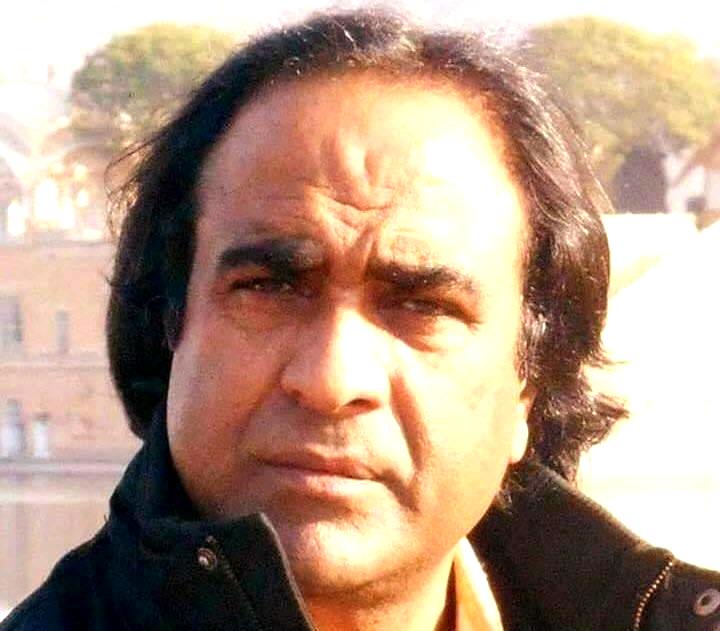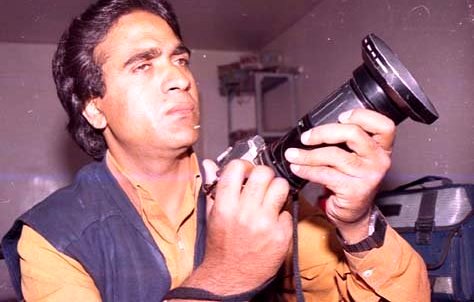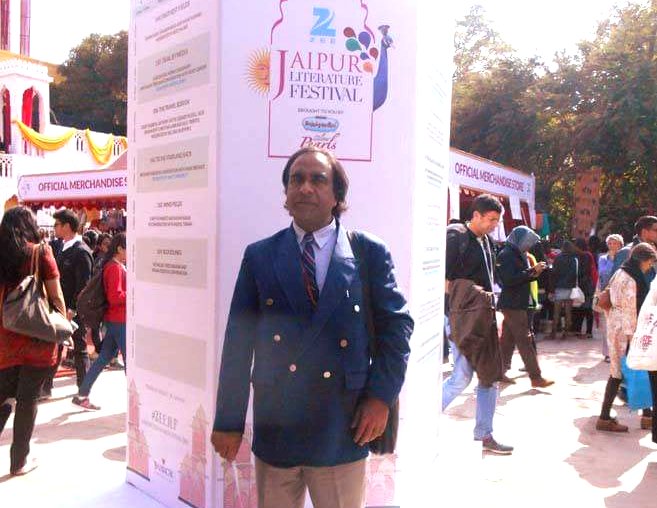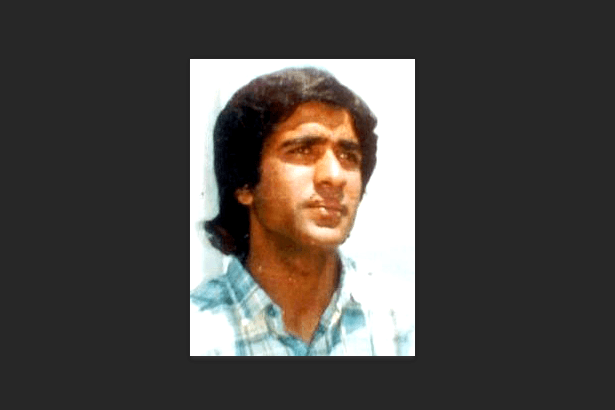The demise of the journalist-author Sahil Maqbool is a departure of a gentleman of the tribe who wore many hats and was left torn asunder by statecraft.
The day he died, the scribe, who turned down a promising political career after his long walk to freedom in 2008, was working on a story. Inside his office tucked in a Dogra-era building at Srinagar’s Press Enclave, the unfinished story, like the man himself, is now making the air mournful.
Sahil Maqbool’s colleagues and friends are already competing with each other to pay a glorious tribute to the multi-dimensional personality, who was “a brilliant broadcaster, a very good editor, a writer par excellence, a mesmerising poet, a reporter with an eye for details…”
Much of this praise might sound as the customary cum classic obit reference to somebody being termed as “Hamdard, Behtareen Insaan, Dost” (Well wisher, great human, a friend), but those aware of his ordeal, term it “too little, too late”.

“He was blessed with the goodwill to help people caught in crisis,” says Kamran Jeelani, who worked with Sahil in Buland Kashmir, Sangarmal and Parcham publications. “This was Sahil for you, always helpful, who otherwise didn’t find many people around him when he was caught in crisis.”
That crisis began in 2004 when he walked out Badami Bagh Cantonment after meeting with the army PRO related to his journalistic work. He was bundled inside a jeep and whisked away by the secret police. Before trying him in an espionage case, Sahil was badly tortured in custody. He was eventually booked under the lawless Public Safety Act. The detention, he would later say, decimated his family and well-placed journalistic career.
He had started his career as a photojournalist before reporting some high-voltage political developments and dramas in the dreaded 90s, including the 1994 hostage crisis of foreign tourists by shadowy militant outfit called, Al Faran.
After his incarceration, he detailed his ordeal in his book called Shabistan-e-Wajood and later, would be twice invited as one of the only journalists from Kashmir to speak at the Jaipur Litfest.

“I remember,” Kamran says, “when he received the invitation, he told me that he would be raising the Kashmir issue by reciting his poem. For this, he would face a lot of problems. But he never compromised on his beliefs. He was a man who did right and stood with the right.”
As a journalist, his colleagues remember him as the ‘problem solver’. His mastery over Pahari, Arabic, Urdu, Kashmiri, English and Persian languages gave him an edge over others.
“Sahil Sahab’s ability to translate a 2000 word story from English to Urdu or Kashmiri within half an hour is something which none in the Press Enclave could do,” says Danish bin Nabi, a young journalist, working with Rising Kashmir. “He used to translate my interviews, articles, even book reviews into Kashmiri and Urdu. He was the reason that information reached to those people. I now wonder who will do all that with so much sincerity and honesty.”

Sahil’s colleague, Rashid Maqbool remembers him as a man gifted with a strong physique.
“That’s why a person of his age, who had seen so much, was able to work with such dedication,” Rashid says. “At times, when I felt short of words, I would turn to him. He would reply, ‘Arey apka kaam Rajput se hai. Fikr mat kijye’ (Don’t worry, you are working with Rajput. It will be done). Lately when I saw the same man lying dead on the hospital bed, I called out his name, because I thought he’s just taking a nap. Little did I know that he won’t wake up from his nap now!”
At the dusk of March 20, Sahil collapsed while walking in Lal Bazaar area. He died of a massive heart attack.
“He faced so much in his extraordinary life,” Rashid continues, “but he always came out a fighter who never left the ground, till his last breath.”
Inside the newsroom, Sahil was never short of words and would narrate his trysts with military-militancy feuds of 90s, like a compelling storyteller.

Sahil Maqbool in his youth
But after his release from jail in 2008, Sahil wouldn’t find many people around him. “In those difficult times,” says Kamran, “it was only Shujaat Bukhari who stood by his side, and is still standing by his family. They were very good friends.”
No wonder then, Bukhari was the first person to break the news of his demise on the social media.
But inside Buland Kashmir’s office, Rashid Maqbool now wonders about that story, which Sahil Maqbool has left incomplete.
Like this story? Producing quality journalism costs. Make a Donation & help keep our work going.






